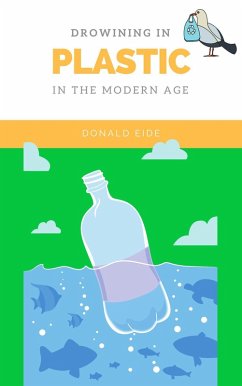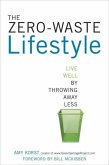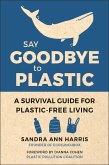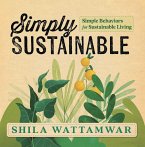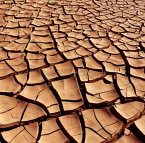How much of our plastic is recycled? Here's a breakdown for you:
- 9% recycled
- 12% incinerated
- 79% landfill or litter
The first synthetic plastic ever made in 1907, bakelite, still exists today. There is no doubt plastic has changed our lives for the better. From surgical implants, contact lenses, chemical containers, food packaging to electronics. We wouldn't be where we are today without it.
But our inability to correctly dispose of plastic has led to:
- 90% of all seabirds have eaten plastic
- 8 million tonnes each year enters our oceans
- The weight of plastic waste will outweigh fish by 2050
- In 2018, a sperm whale awash on a Spanish beach ate 32 kilograms of plastic
Plastic typically takes 500-1000 years to break down. It's not going anywhere and we have to manage it properly.
An Individuals Role
You may be thinking, what can an I do?
Learn the simple facts laid out in this book and apply them to your everyday life. Share sustainable practices with your friends, family and across social media.
I'll give you an example.
Take the Cora Ball. A simple product you throw in your washing machine to catch synthetic fibres. What If 10% of all U.S. households used this? It would be the equivalent of preventing 20 MILLION plastic bottles entering the ocean every year
Groups of eco-friendly, enthusiastic individuals can make a real difference.
Like An Environmental Consultant
Learn to take an environmentally-friendly approach to living with:
- A precise list of sustainable and zero waste products
- How to make your own ecobricks with used plastic, and easily send them to outreach projects
- Informative plastic pollution posters
- How to manage the pollution from the synthetic fibres in your clothing
- Where to source biodegradable plastics that make for great environmentally friendly gifts
And MUCH more.
Zero Waste Approach
Find out why recycled plastic is beneficial for the environment IF used properly. You'll understand where our plastic waste is currently going with intuitive infographics.
Can we beat plastic pollution?
We are certainly in a plastic waste crisis. But we can begin to see it as a valuable resource for sustainable living.
Dieser Download kann aus rechtlichen Gründen nur mit Rechnungsadresse in A, B, CY, CZ, D, DK, EW, E, FIN, F, GR, H, IRL, I, LT, L, LR, M, NL, PL, P, R, S, SLO, SK ausgeliefert werden.

